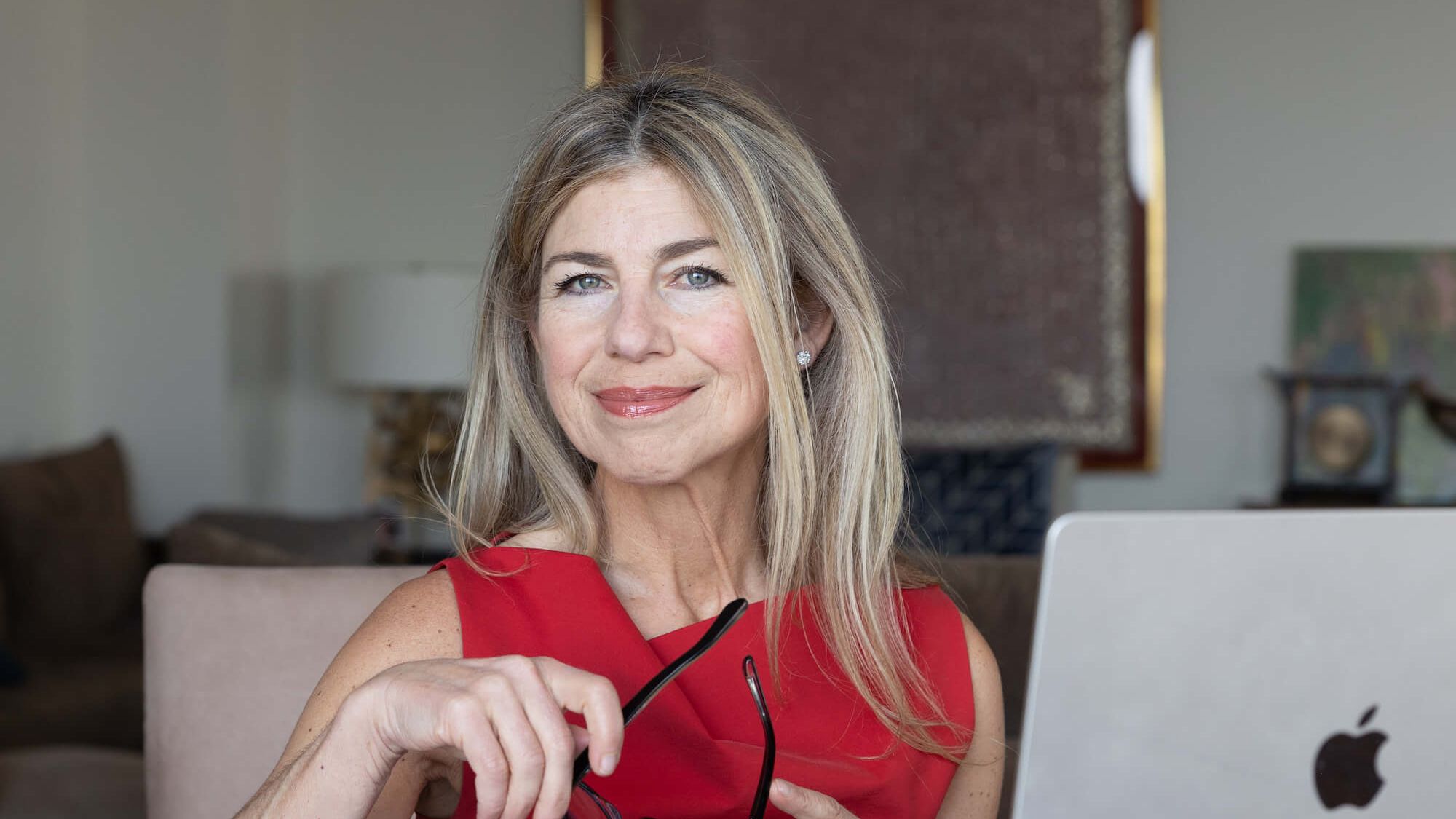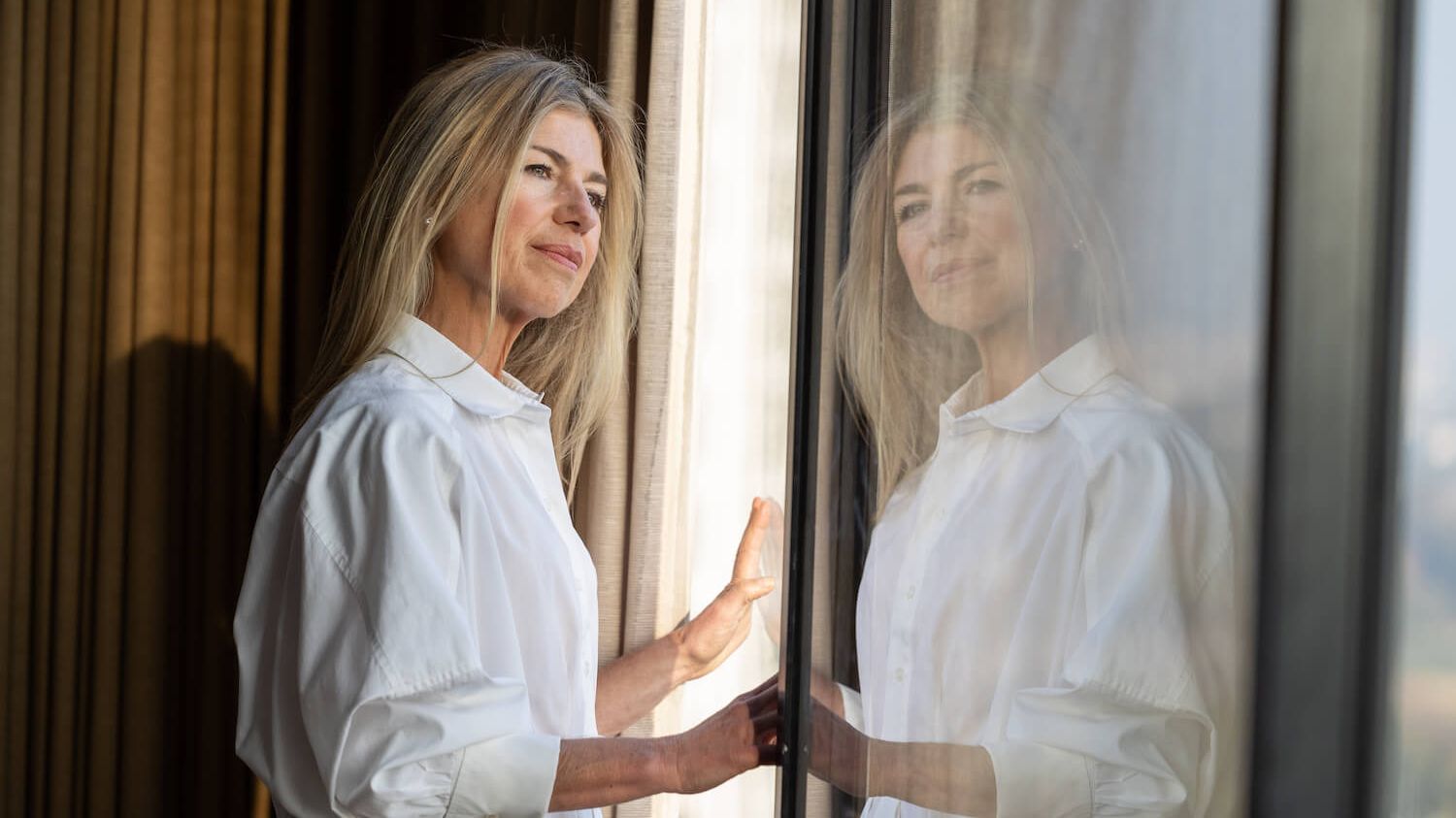A Guide to Thriving Under Uncertainty

Want to listen to this article instead? Tune in here.
Virginia Woolf wrote, “...for a self that goes on changing is a self that goes on living.”
We all recognize the truth in Woolf’s words, yet we expend incredible energy to resist change! I know people who prefer a certain death to the uncertainty of change.
I once had a client who was battling cancer. She would have rather been given a definite death sentence with a date attached to it than continue the day-to-day effort of putting one foot in front of the other under the massive uncertainty that is — life with cancer.
In my younger days, I often refrained from pursuing my goals or dreams because I couldn’t envision the path all the way to the end
After coaching young adults for over a decade, I can confidently say that the fear of uncertainty is their most significant obstacle to building adult lives.
We have survived and thrived as a species because we understand that uncertainty is a given, a constant, and a part of life.
Somewhere along the way, in the last few decades, we adopted the belief that if we are strong, intelligent, and successful enough, we can hack this primordial equation.
"We can bring about a state of certainty."
Many of us have raised children with this belief. We have done everything we can to control every possible circumstance of their lives. We have convinced ourselves that this is good parenting.
So, why can’t so many of our college graduates take charge and responsibility for their lives?
Because they freeze with fear when they step into real life, a life built on the foundation of uncertainty. They lack the necessary skills, mindset, and, ultimately, the identity of someone who can thrive under uncertainty.
The next generation of parents will have learned from our mistakes, but how can we help this generation of young adults?
We can help them on three levels:
1. Strategies and Tactics - This is where most parents believe the highest level of support can be offered to their kids, but it’s not true. It is essential to teach our kids how to communicate effectively, cultivate patience, and manage their time. But if this is the only support we offer them, the practices won’t stick, and any change they experience will be temporary.
2. Mindset - This is a deeper level of coaching where we help our kids to become aware of their thinking. Most of them don’t even know what their beliefs are. They pride themselves on being “woke,” yet they are not “awake.” When we help shine the light of awareness on their beliefs by asking powerful (not leading) questions, they can decide whether to keep those existing beliefs or adopt new ones that serve their goals. We cannot create new habits and strategies from old, unuseful mindsets and beliefs.
3. Identity - Coaching our kids around “Identity” is the only way to help them take radical responsibility for their lives and create the transformation that takes deep roots. Because uncertainty is the water we swim in, we must be clear about who we are and who we are “becoming.”
When we intentionally shape our “Identity,” we can confidently answer four crucial questions at any time despite changing and uncertain circumstances.
- Who am I?
- What am I doing?
- What am I never doing?
- Where am I going?
I didn’t say it was easy!







